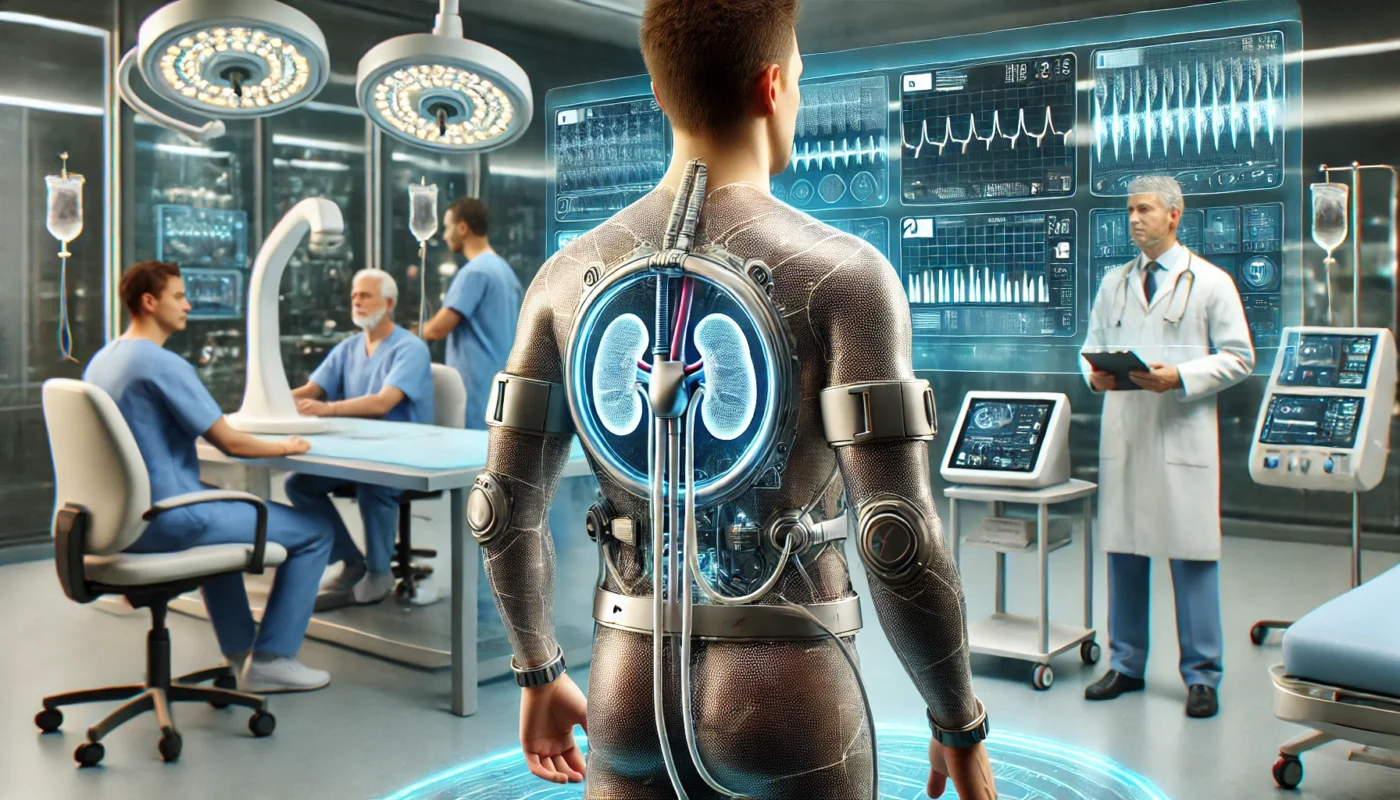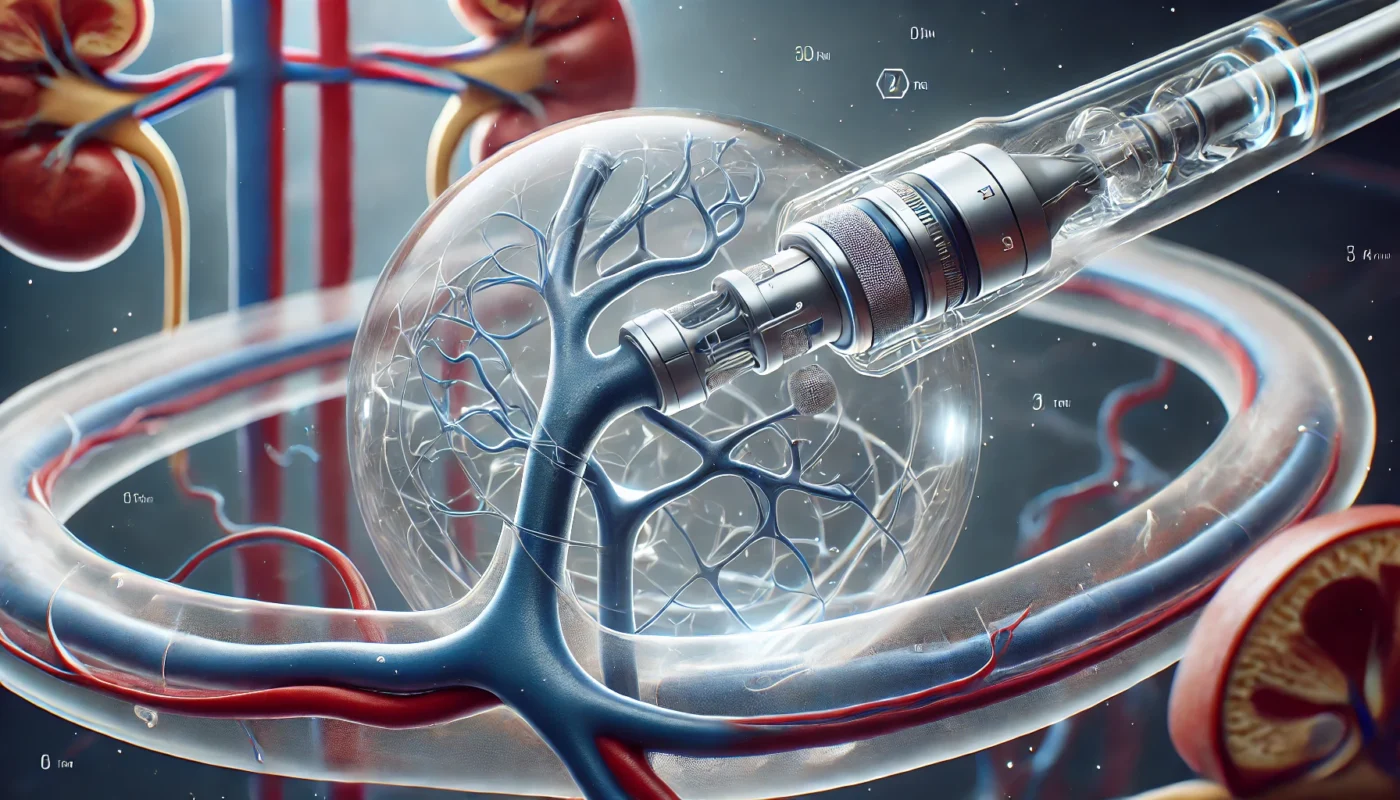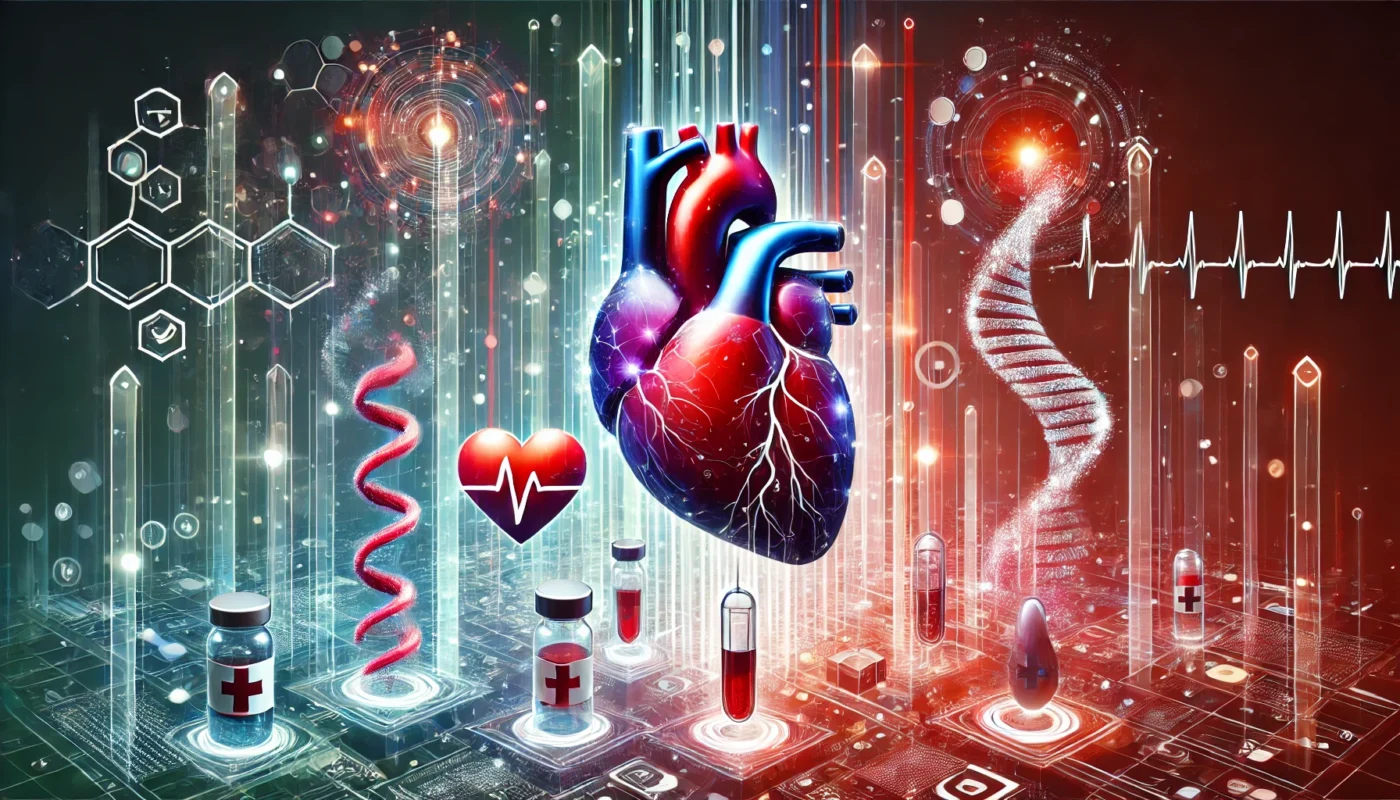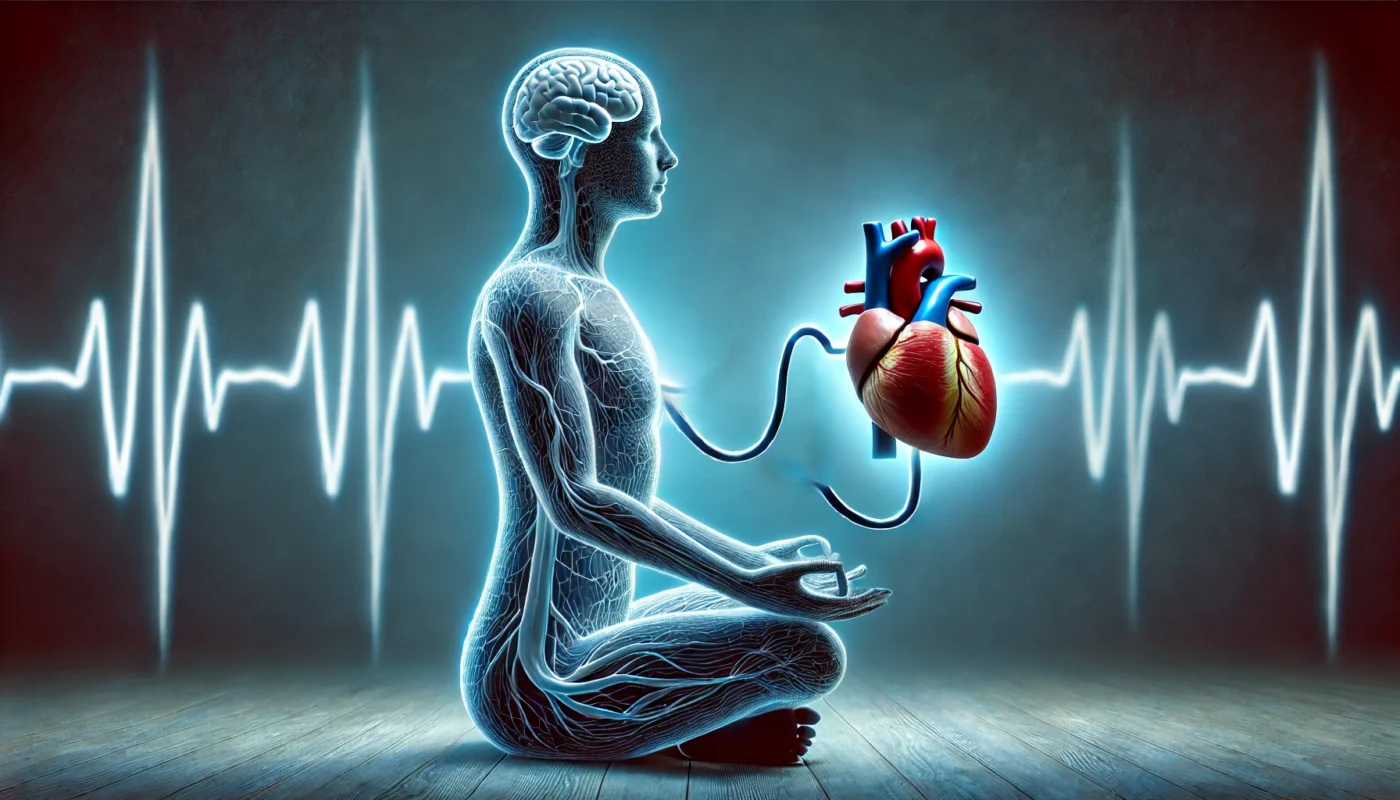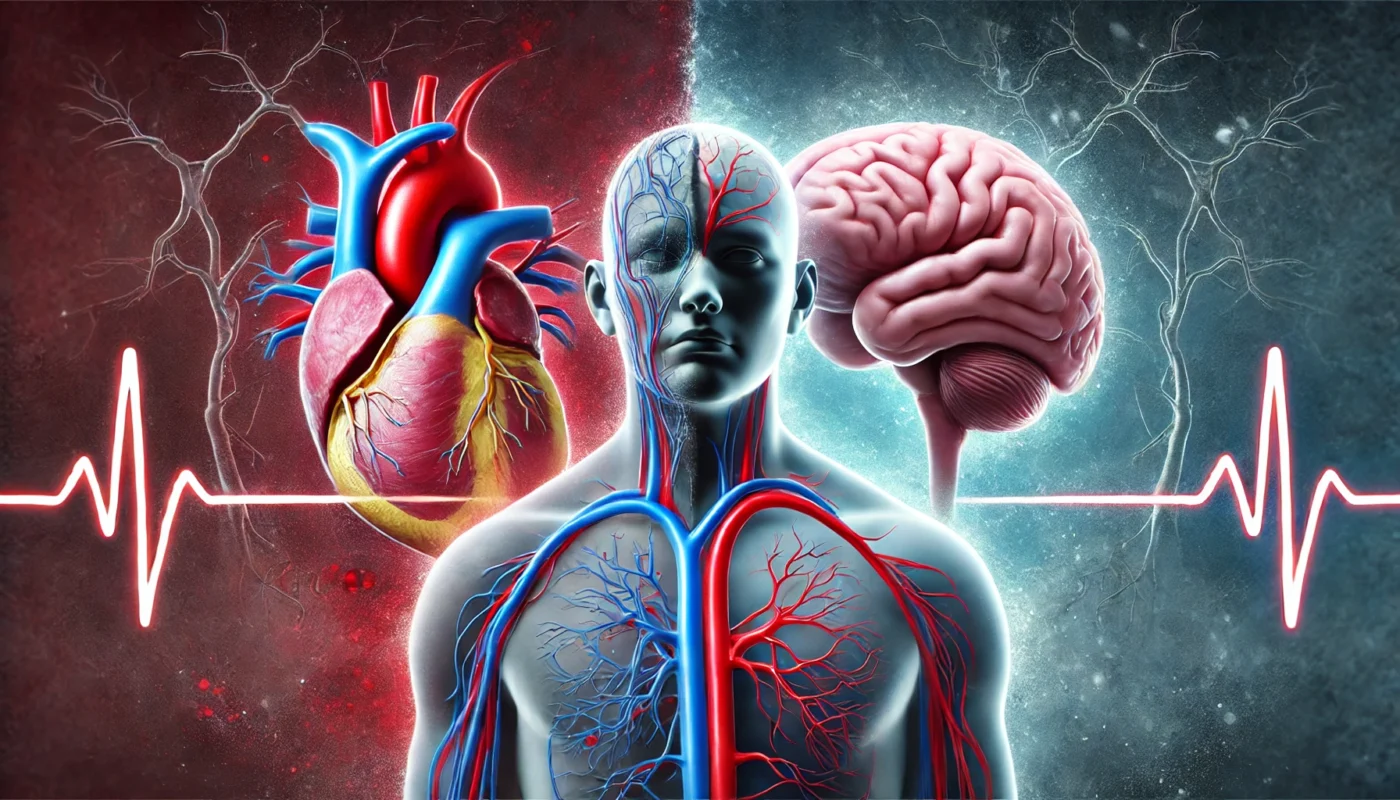Hypertension, or high blood pressure, affects nearly half of adults globally, as reported by the World Health Organization (WHO). It is a leading cause of heart disease, stroke, and kidney failure, and its complications account for a significant proportion of healthcare costs worldwide. For patients with severe or treatment-resistant hypertension, conventional therapies such as medications and lifestyle changes may not suffice. This has spurred interest in advanced bioengineering solutions, particularly artificial organs, as a potential avenue for managing or even reversing the effects of chronic hypertension. This article explores how artificial organs might support patients with severe hypertension, examining the science, current developments, and future possibilities in this innovative field.
Tag Archives: Blood Pressure Control
Hypertension, or high blood pressure, is one of the leading causes of cardiovascular disease, affecting over 1.28 billion adults worldwide according to the World Health Organization (WHO). Despite the availability of antihypertensive medications and lifestyle interventions, many individuals struggle with resistant hypertension—high blood pressure that remains uncontrolled despite the use of at least three antihypertensive drugs. For these patients, renal denervation (RDN) offers a promising minimally invasive solution. This article explores the mechanism of RDN, recent advancements in the field, and the effectiveness of this innovative procedure in reducing blood pressure.
Hypertension, or high blood pressure, is a leading global health concern, affecting nearly 1.28 billion adults, according to the World Health Organization (WHO). Despite the availability of medications and lifestyle interventions, hypertension remains a major contributor to heart disease, stroke, and kidney failure. Clinical trials play a pivotal role in advancing the understanding and treatment of this pervasive condition. By participating in clinical trials, individuals not only gain access to cutting-edge therapies but also contribute to the scientific discoveries that shape future hypertension treatments. This article explores the benefits, risks, and opportunities of joining hypertension clinical trials, providing a comprehensive guide for those considering participation.
Hypertension, or high blood pressure, is one of the most common chronic health conditions globally, affecting nearly half of all adults. It is a leading risk factor for cardiovascular disease, stroke, and kidney failure, making its management a priority for millions. While medications and lifestyle changes like diet and exercise are well-documented interventions, alternative approaches such as mindfulness and meditation have gained increasing attention as tools for lowering blood pressure. This article critically reviews the science behind meditation and its role in hypertension management, exploring the evidence, mechanisms, and practical implications for integrating meditation into a comprehensive treatment plan.
Hypertension, or high blood pressure, is a chronic condition that affects nearly half of all adults globally, according to the World Health Organization (WHO). It is a major risk factor for cardiovascular diseases, kidney damage, and stroke. While hypertension is traditionally associated with physical health concerns, emerging evidence highlights its significant connection to mental health, particularly depression. Depression, a common mood disorder characterized by persistent feelings of sadness and loss of interest, often coexists with hypertension, creating a bidirectional relationship that complicates the management of both conditions. This article explores the links between hypertension and depression, the mechanisms that drive their interplay, and strategies for addressing this often-overlooked connection.
Hypertension, or high blood pressure, is a chronic condition that affects nearly half of adults worldwide and is a leading risk factor for cardiovascular diseases, stroke, and kidney failure. While its causes are multifaceted, the impact of stress on blood pressure has been widely acknowledged. Emotional resilience—the ability to adapt and recover from stress and adversity—has emerged as a powerful tool in managing hypertension. By cultivating emotional strength, individuals can mitigate stress-related blood pressure spikes and improve their overall heart health. This article explores the connection between emotional resilience and hypertension, the physiological mechanisms involved, and practical strategies to enhance resilience and protect against hypertension.

